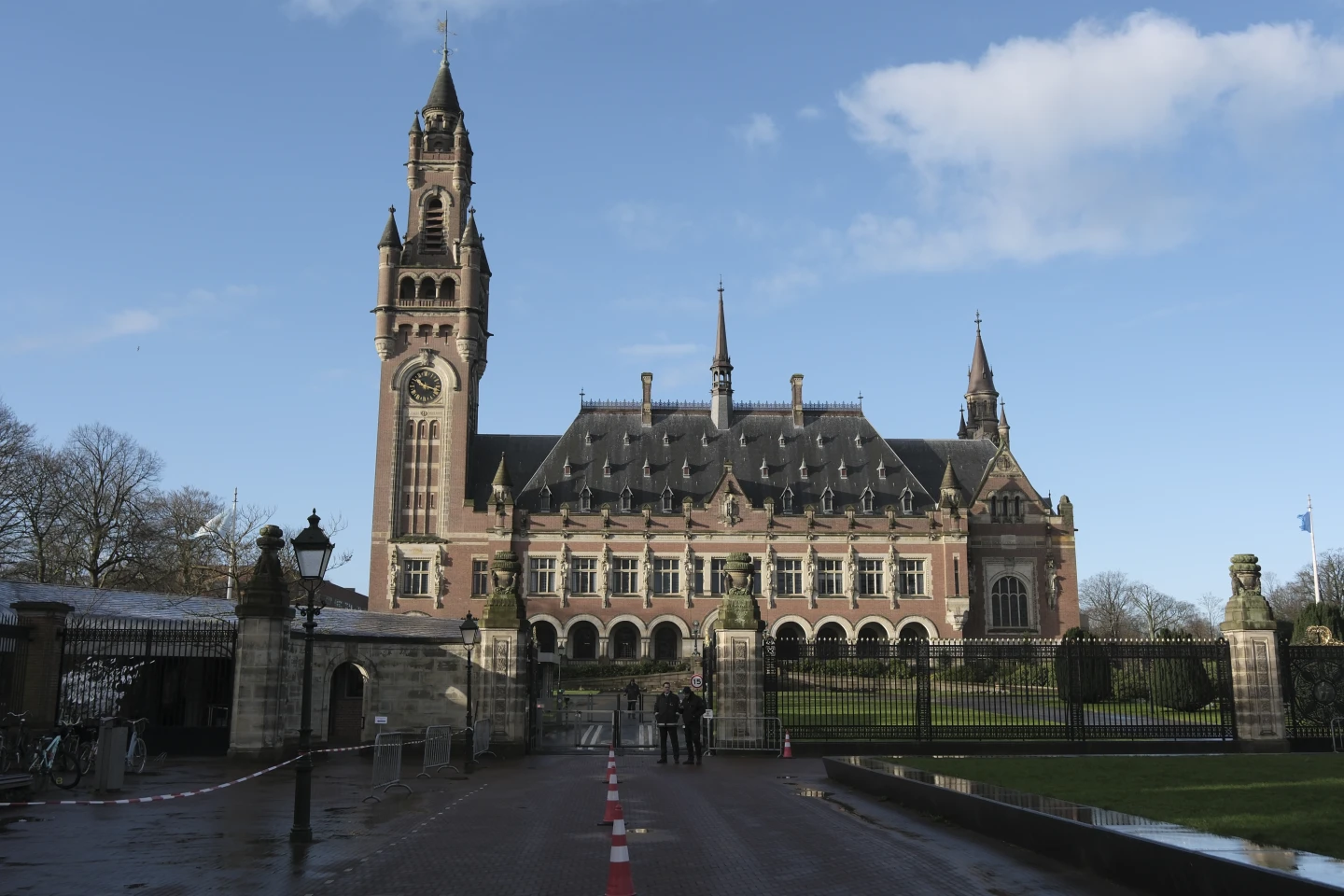Israeli officials sound increasingly concerned that the International Criminal Court could issue arrest warrants for the country’s leaders more than six months into the Israel-Hamas war.
Prime Minister Benjamin Netanyahu wrote Friday in general terms about ICC action against Israeli troops and officials, and Israel’s foreign ministry has said it is also tracking reports of pending action.
The ICC was set up more than a decade ago to tackle impunity for war crimes, crimes against humanity, genocide and other grave crimes when states don’t prosecute them. Without a police force, the ICC relies on member states to arrest suspects.
Netanyahu said on the social platform X Friday that Israel “will never accept any attempt by the ICC to undermine its inherent right of self-defense.”
“While the ICC will not affect Israel’s actions, it would set a dangerous precedent,” he wrote.
Israel’s Foreign Ministry said late Sunday that it had informed missions abroad of “ rumors ” that the court could order the arrest of senior Israeli political and military officials. The ministry did not give a source for the rumors.
In a statement emailed to The Associated Press, the court’s prosecution office declined to comment in detail.
WHAT IS THE ICC?
The ICC’s 124 member states signed on to a 2002 treaty called the Rome Statute. Dozens of countries did not sign and do not accept the court’s jurisdiction over war crimes, genocide and other crimes. They include Israel, the United States, Russia and China.
The ICC becomes involved when nations are unable or unwilling to prosecute crimes on their territory. Israel argues that it has a functioning court system, and disputes over a nation’s ability or willingness to prosecute have fueled past disputes between the court and individual countries.
In 2020, then-President Donald Trump slapped economic and travel sanctions on the ICC prosecutor and another senior prosecution office staffer. The ICC staff were looking into U.S. and allies’ troops and intelligence officials for possible war crimes in Afghanistan.
President Joe Biden, whose administration has provided crucial military and political support for the Gaza offensive, lifted the sanctions in 2021.
The ICC has 17 ongoing investigations, has issued a total of 42 arrest warrants and taken 21 suspects into custody. Its judges have convicted 10 suspects and acquitted four.
In its early years, the court was criticized for focusing on crimes in Africa — 10 of its investigations are in African nations — but now has investigations in Asia, Europe, the Middle East and Latin America.
WHAT IS ISRAEL’S RELATIONSHIP WITH THE ICC?
Israel often levies accusations of bias at international bodies such as the United Nations. The ICC is not a U.N. body but accepted “The State of Palestine” as a member in 2015, a year after the Palestinians accepted the court’s jurisdiction.
The court’s chief prosecutor at the time announced in 2021 that she was opening an investigation into possible crimes on Palestinian territory. Netanyahu slammed the decision as hypocritical and antisemitic.
Current ICC Prosecutor Karim Khan visited Ramallah and Israel in December, meeting Palestinian officials and families of Israelis killed or taken hostage by Hamas militants in the Oct. 7 attack that sparked the Israel-Hamas war.
Khan called Hamas’ actions “some of the most serious international crimes that shock the conscience of humanity, crimes which the ICC was established to address,” and called for the immediate and unconditional release of all hostages.
Khan said that “international humanitarian law must still apply” in the Israel-Hamas war and “the Israeli military knows the law that must be applied.”
WHO ELSE HAS THE ICC CHARGED?
A year ago after the court issued a warrant for Russian President Vladimir Putin on charges of responsibility for the abductions of children from Ukraine. Russia responded by issuing its own arrest warrants for Khan and ICC judges.
Other high-profile leaders charged by the court include ousted Sudanese strongman Omar al-Bashir on allegations including genocide in his country’s Darfur region. Former Libyan leader Moammar Gadhafi was captured and killed by rebels shortly after the ICC issued a warrant for his arrest on charges linked to the brutal suppression of anti-government protests in 2011.

